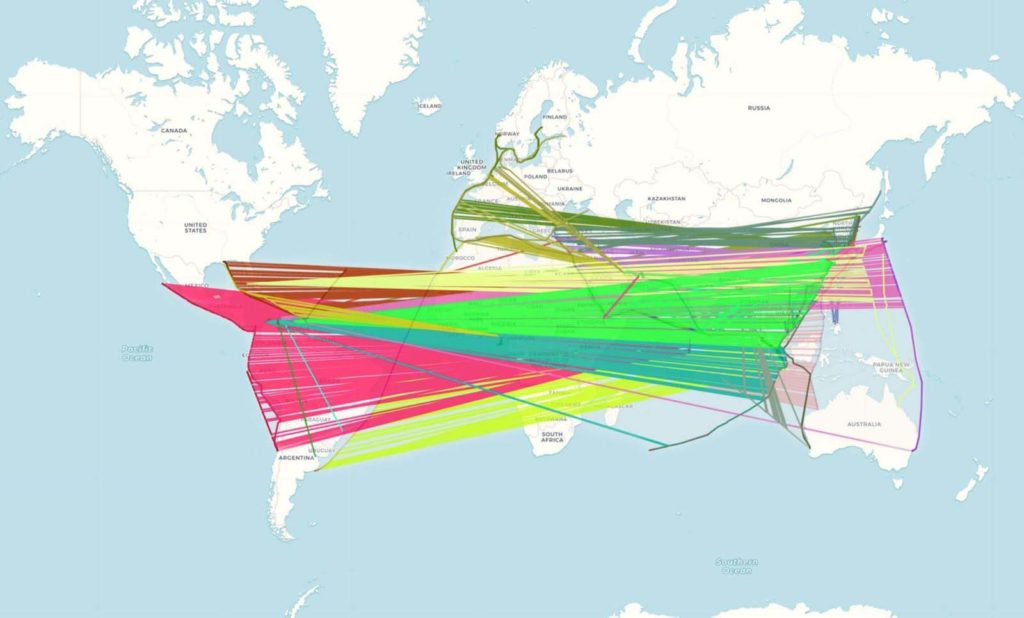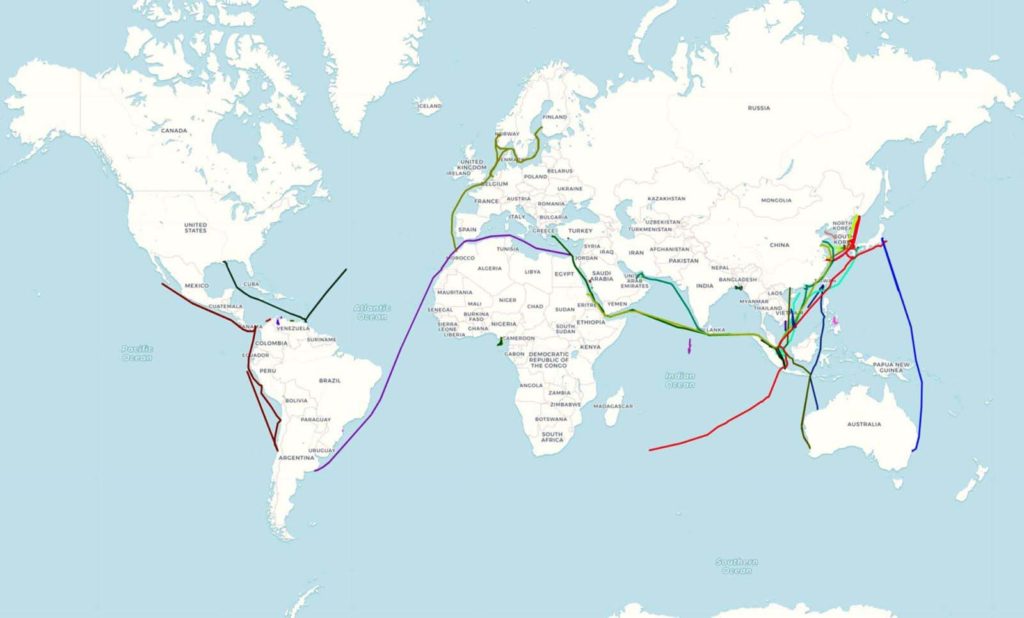Why data is not a commodity
Data has long been called “the new oil” and while both data and oil fuel productivity, that’s really where the similarities end. From sourcing to storing – data is a vastly different fuel than oil.
Data powers many of today’s transformative technologies. It feeds artificial intelligence models, automation, and predictive analytics, yet in its raw form, it is useless to many. Data needs to be cleaned and sorted and like oil, refined to reveal the information used to make strategic business decisions.
Data is available from many different sources and the quality of your data is paramount for it to be useful. To say that data is a commodity implies that you can purchase data and receive the same dataset from many different providers. If this were true, price would be the determining factor to close a deal. But this is not true. Data is defined by its quality and its comprehensiveness, then by its price. The value of your data lies in its usefulness and its usefulness is dependent on it being accurate and comprehensive. In short, data quality matters.
Data is a differentiated product, whereby the quality, the source, and the ability to easily use the data make a good data service. There is a major difference between data and a data service – and that’s an important distinction as a data service that is serving your needs, provides the highest amount of value.
All data providers are not created equal
Data varies greatly from provider to provider. If you purchase vessel tracking data in the South China Sea, for example, from several providers, your data sets could be different from each provider. This is because collection methods vary and cleaning, sorting, and parsing methods also vary. At Spire, we collect data from space using our constellation of nanosatellites. This data is refined, stored, and processed and aggregated with other data sources. The result is sortable, easy to use data that enables decision making in a scientific way.
Raw data vs. clean data
The images below show how vital accuracy is for decision making. Duplicate MMSIs have long been a challenge in data collection in maritime.

Raw data: Imagine making revenue-related decisions based on the cluttered, inaccurate data.

Clean data: These single lines show the specific tracks of the vessels of interest.
Data, unlike oil, is limitless in terms of availability and reusability. Historic (archived) data is useful for feeding machine learning models and filling in gaps in data for predictive analytics. Insurance organizations are using historical data to investigate claims and determine liability. Indeed, the uses for data are vast and expanding each day, whereas the world’s oil reserves are diminishing.
Easy to use and accessible
Your data needs to be accurate, but it also needs to be easy to use and accessible. APIs have become more flexible and integrate quickly with many platforms. Support and technical documentation also need to be accessible. Your data, regardless of its quality, is useless if it is a hassle to access and difficult to use.
Reframing data as the “new” commodity
As data and its uses multiply, new data providers enter the market looking to cash in on this new “commodity.” The rules around data are still being written – challenges include privacy issues, regulations, and storage, among many others. Where oil mining and fossil fuel usage has led to climate change and human destruction, data is aimed at preserving resources, controlling emissions, and ensuring personal safety. It’s used for predicting disasters, prevention, and re-examining historical events to better understand their origins. Yes, it helps companies save on costs and maximize profits, but it has a philanthropic slant to it as well – like ensuring fishing operations abide by moratoriums, so ocean ecosystems can repopulate.
Data can help us tackle global challenges, protect our crew and cargo, and operate greener operations, but none of this can happen if your data is inaccurate or incomplete. As new data providers rush to enter the market, ask questions about how long they’ve been collecting data. Ask about data quality. Ask about comprehensiveness. Check SLAs. Ask about limits and look for transparency. At Spire, we’ve noticed the deluge of data providers entering the market, so we’ve created an easy to use guide to help you choose a data provider.
Contact us
I’m always interested in hearing from people interested in using data. If you have a maritime challenge you are looking to solve or are just interested in how data is impacting maritime operations, reach out to me on LinkedIn or contact Spire Maritime.
 Written by
Written by


